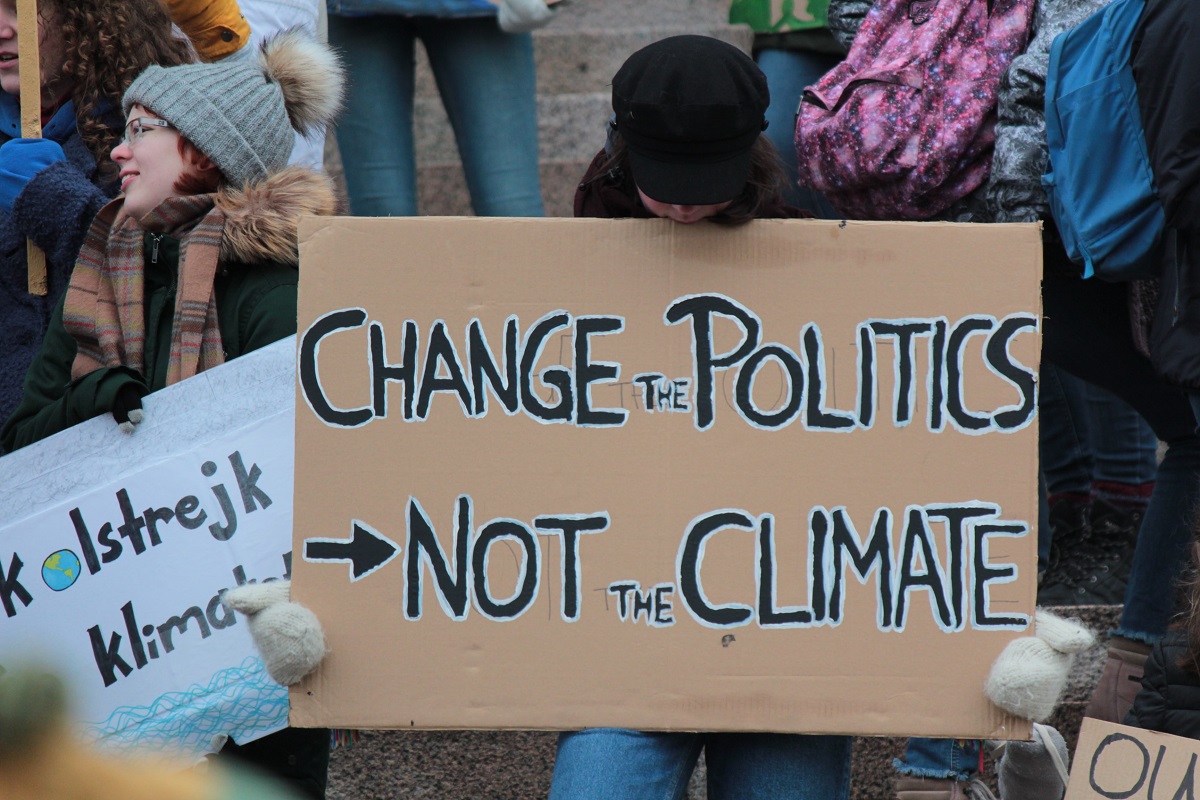
Study Finds Providing Facts about GMO, Climate Change to Skeptics Helps Change Their Mind
April 1, 2020| |
A study was published showing the impact of readily available facts on environmental policy attitudes, and how factors such as trust in science and trust in the messages' source curb its effects. Results showed that individuals whose attitudes originally conflicted with scientific messages had a significant shift of policy preferences towards the dominant scientific opinion after exposure to scientific information.
The study was based on the Bayesian model of information processing and was conducted using a survey of 3,000 respondents who were asked about climate change and genetically modified organism (GMO) policy preferences of Germany and the United States. It was designed to address the claims that providing the information is an ineffective way to increase support for evidence-based environmental policies, though it is the preferred strategy of most policy communicators.
Initial results showed two trends as predicted by the Bayesian model. First, the skeptics, or the respondents who had prior conflicting attitudes towards scientific messages, shifted to the dominant scientific opinion after receiving a scientific message. The believers on the other hand, or the respondents whose attitudes were already in line with the scientific message, moved their preferences minimally. This offers evidence that providing scientific information can influence policy preferences towards the scientific consensus.
According to the authors of the study, their findings have several effects on environmental policy communication. They stated that providing policy information is effective at changing policy preferences especially for skeptics whose conflicted attitude about the scientific consensus was weak in the first place. They also stated that trust in science and trust in the source of message does not seem to change how information is received nor accepted. In general, they concluded that science communication can contribute to influencing the public to accept the dominant scientific opinion.
The abstract is available in Environmental Politics. The author published the details in the Genetic Literacy Project.
| |
You might also like:
- Study Reveals Experts' and Public's Attitude Towards Gene-edited Crops
- Journalists and Policymakers Demand for Simple Biotech Messages
- Language, Key in Communicating about Genome Editing
Biotech Updates is a weekly newsletter of ISAAA, a not-for-profit organization. It is distributed for free to over 22,000 subscribers worldwide to inform them about the key developments in biosciences, especially in biotechnology. Your support will help us in our mission to feed the world with knowledge. You can help by donating as little as $10.
-
See more articles:
-
News from Around the World
- Study Finds Providing Facts about GMO, Climate Change to Skeptics Helps Change Their Mind
- Biotech Stacks Adoption Continues to Increase Globally
- Chile Develops Drought, Saline-Tolerant Tomato, Kiwi
- Exeter Researchers Discover Novel Chemistry Against Fungal Disease of Crops
-
Research Highlights
- CBF/DREB1 Gene Family in Lettuce Confers Multiple Stress Tolerance
-
Plant
- CRISPR-Cas9 Reveals that OsMPT3 is a Vital Osmotic Regulatory Factor
- Knockout of the OsNAC006 TF Causes Drought and Heat Sensitivity in Rice
- Scientists Optimize Prime Editing for Rice and Wheat
-
Health
- UConn Researcher Develops Simple, Low-Cost CRISPR-based Diagnostic Test for COVID-19
-
Read the latest: - Biotech Updates (December 17, 2025)
- Gene Editing Supplement (December 17, 2025)
- Gene Drive Supplement (February 22, 2023)
-
Subscribe to BU: - Share
- Tweet

